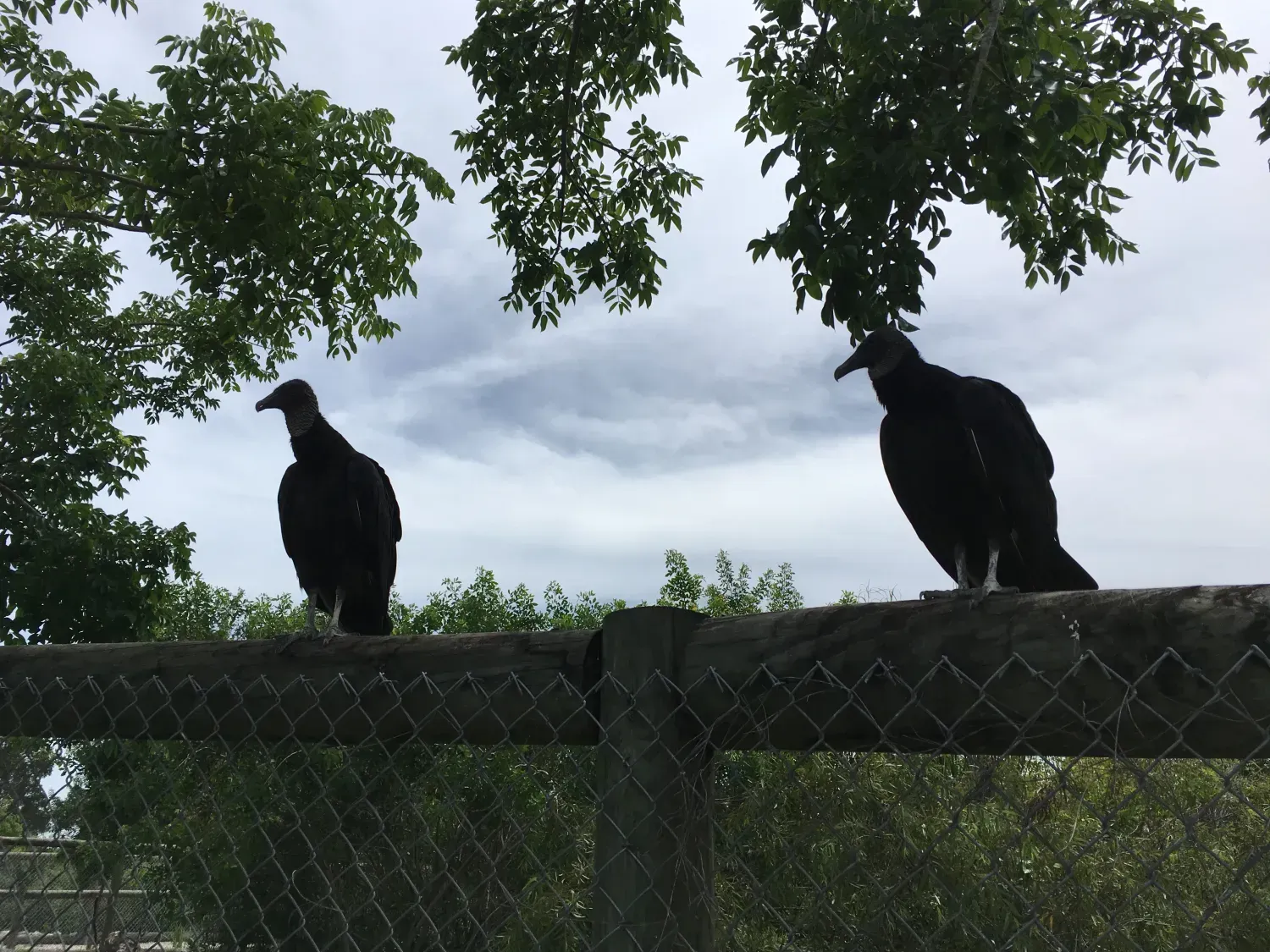
ALISON HILL
Journalist | Writer | Emmy-nominated Producer
A Writer's Rant
A Writer's Rant–Something out of Nothing
“We all have a novel in us,” so the saying goes. It may be true, but squeezing that bloody thing out is like induced labor, long, hard and painful, and instead of an epidural writers have to rely on coffee, beer and Prosecco. Then you have to persuade someone to buy it. And that’s like getting your academically average kid into Harvard on a full scholarship without bribing anyone.
I’m one of those aspiring novelists, trying to break into this impossibly difficult world, and my days are fraught with self-doubt, frustration, and intermittent spurts of inspiration. I often resort to retail therapy as a means of escape; at least I know I’m good at shopping.
And the ‘how-to’ vultures are forever lurking, trying to squeeze money out of us poor saps, who think we’ve got a chance. Every time I check my inbox it’s crammed with a myriad of offers, selling courses on how to improve your writing, sell more writing, spice-up your query, write a book while sitting on the can, write a book while in the can…

You could spend a fortune on trying to become a writer. But how’s about getting paid for all our trouble? And how do you even know if you’re any good at it, unless you have such validation as a bestselling novel, or an article in The New York Times? Or strange ladies with a penchant for pigs, coming up to you saying: “I’m your number one fan!”
Not everyone in the local writing class is going to make it, right? How is the chaff separated from the wheat? It must be a combination of pure luck and persistence. I’m just waiting for the luck part to kick in.
Who would choose such a difficult route in life? Surely, there must be an easier way to make no money?
Yesterday, I loved writing. Today I hate it. Tomorrow is another day…
It’s hard and often unrewarding. There are days when I want to quit and go laze on a beach for the rest of my life. Wouldn’t it be easier not to strive, not to persist, not to be constantly knocked down and rejected?
But I guess I’m a bit of a masochist because as hard as it is, I just can’t stop. I’m stubborn you see. It must be the Celt in me. I’m going to fight (in a nice, writerly sort of way) for my place on bookshelves, or e-readers, or wherever. I’m not giving up…just yet.
So back to the rant…
I write fiction and non-fiction and find reality to be much easier to handle. In fact, with non-fiction I welcome criticism, it helps me improve, and I get to work on my weaknesses and further enhance my strengths. I’m even getting to the point where I almost enjoy writing query letters.
But fiction is different. I love my books as if they were my children, and when someone offers their opinion, they may as well have walked into the delivery room, after 2 days of a difficult labor and casually said: “your baby’s kinda ugly.”
Why the difference? I think it’s what goes into the work that makes fiction writers so much more testy and sensitive. We perform hare kare with our souls. We expose ourselves on the page, opening a door to our inner worlds.It’s often messy, we didn’t clean up before you barged into our rooms. There’s a sink full of dirty dishes, and cat hair on the mat. Did we even clean the litter box? So it’s personal and raw.
“There is nothing to writing, all you do is sit down at a typewriter and bleed.”
The famous quote, attributed to Hemingway (although other writers previously used different versions of it) pretty much sums it up: “There is nothing to writing, all you do is sit down at a typewriter and bleed.”
I’ve found the process of writing fiction both magical and laborious. Getting the first draft down is an intense process. The story seems to write itself. Once I start tapping out words, there comes a point when it takes off. Thoughts, scenes, storyline, are coming so fast, that I write in a frenzied fog. 10 hours whizz by with techno music blaring in the background, housework left untouched; my preschooler glued to PBS Kids. I don’t even break for lunch when I’m in the zone.
My characters start dictating what they’re going to do and say. I’m just the hired help. And the bearded muse sits in the corner nodding his head, staring over his pince-nez, a lit pipe dangling from his mouth, “keep going, just keep going, you’ll get there,” he says in a gruff, but kind voice. Sometimes he winks.
Something out of nothing
By now characters can seem like real people and you’re getting well acquainted. You may even spot one of them squeezing melons at the produce section of the grocery store. “It’s how you can tell if they’re ripe,” Georgina tells you, the murder victim in your mystery novel, who just yesterday only existed on your computer. “Have we met before? You seem familiar?” she asks. You grin politely, “No, don’t think so,” turn abruptly and whisper to yourself, “what have I done?”
And the end result is a story that didn’t exist before. Something is created out of nothing, and it feels good. I like coming back to my work a few weeks later with a red pen, when it’s time to revise. It’s like dusting an already clean and tidy room. The heavy lifting is done.
Pissing on your bonfire
Then someone else reads it and offers their opinion. An outsider. The dream ends abruptly. The spell ruptures. The magic is demolished. They’re pissing on the bonfire you so meticulously built. Enchantment turns into drudgery.You’re back in school, clutching a report card that screams, ‘she could do better.’ It’s not encouraging and not conducive to creativity. Now it’s as if your book baby is being put down or bullied, and mama don’t like it, no sir. We have to protect the offspring of our imaginations. The lioness crouches.

Although uncomfortable and hurtful it is an inevitable part of the deal, and we fiction writers have to suck it up and take the hit. Calm down kitty! But I still hate it, in a foot stomping toddler kind of way. Why do they have to ruin our fun? I think it’s good just the way it is, so there. That’s probably why my manuscripts have been safely hiding on two computers and three flash drives for the past 6 years.
It takes a bit of courage and layers of thick skin to release your work out into the wilds, where critics lurk, ready, and oh so willing, to shoot you down.
I need to stop reading books on how to write, as I’ve gleaned all I can about ‘show don’t tell,’ character development, sexy plot twists, and aha moments. Too much advice becomes overwhelming and a distraction from actually writing. I don’t belong to a critique group either, that would seem like cheating on my muse. I don’t like discussing my story, planning out scenes, or writing to a formula. I’ll have a vague idea in my mind and then freewheel my way to the end. The characters are good with directions and always help me out. I’ll take advice later, when it’s all safely down in black and white, but until then, it’s a closed shop for me.
An author friend once told me ‘write what you like to read,’ and since then I’ve been writing in my favorite genre, horror. He also suggested I learn from the authors I admire. "Study the craft of the writers you like," he advised, "read their debut novels and try and figure out what got them in the door. How did they draw the reader in and when exactly were you hooked in the story? When did you in effect, stop noticing you were reading a book?"
What keeps me going is the dream of being a successful writer and I’m building the foundations of that dream, writing, revising, and writing some more. So when luck finally shows its pretty face, I’ll be ready. Well, that’s the plan anyway. I started writing my first novel at age ten, and it was called "The Eagle and The Serpent," it was about goblins and dwarfs, and inspired by The Hobbit. I never actually finished it. That was a long time ago, when success was not just possible, but expected. Childhood dreams are boundless and time is an ally. Now I fear the clock is ticking too fast and I’ve got to get a foothold on that publishing train before it leaves the station.
“You learn best by reading a lot and writing a lot.”
After at least six rewrites, one of my novels (my first born) landed in the capable hands of a copy editor, and it was okay. Really. I even took her advice and mended some cracks, finally seeing through the fogs of insecurity and working on improving what I’d written. It doesn’t mean it was bad, it means it could be even better. And the good points were also being highlighted, which means I was actually doing some things right all along. Maybe I did learn a few tips from those ‘how-to’ books after all. Or maybe I’m getting better just through doing.
“You learn best by reading a lot and writing a lot,” says Stephen King in his excellent book, On Writing, “and the most valuable lessons of all are the ones you teach yourself.”
So, I think we writers should just keep turning up every day to write, even if success seems like a long way off. When the book is done, take a break, and let it rest. Then a few weeks later dig it out, read it, rewrite it, revise, and polish some more, until it can pass your mother in law’s white glove test.
And when you think you’re ready, let the critics in and bleed all over the bastards.
Storytelling with a purpose. Embark on your journalism journey with Alison Hill. Advice, tips, insights and information on everything from research and writing to interviewing and video shoots.
Stay informed with valuable information and tips delivered straight to your inbox.



